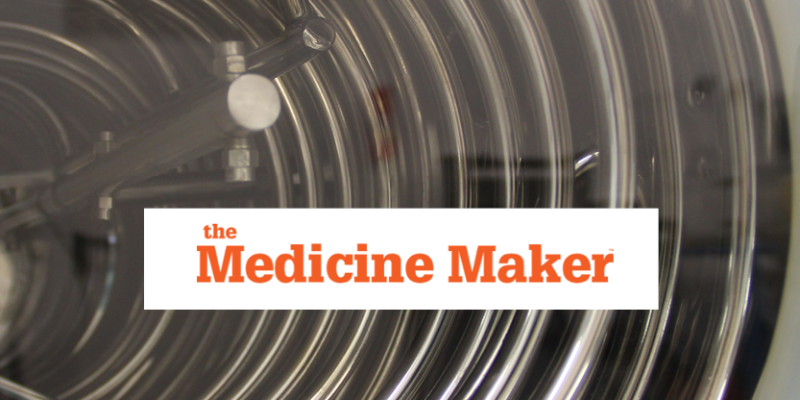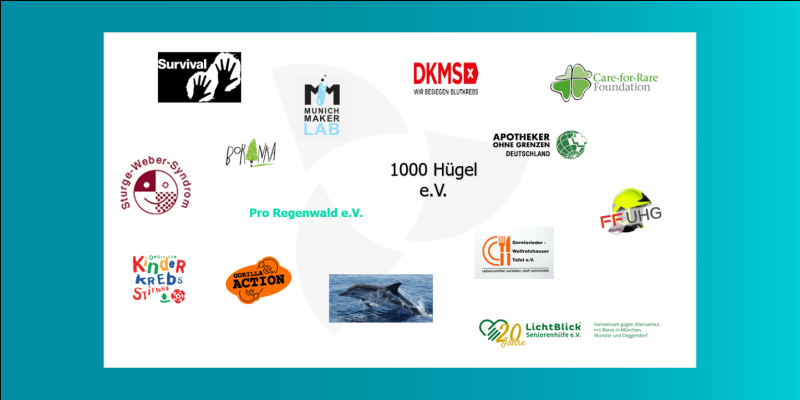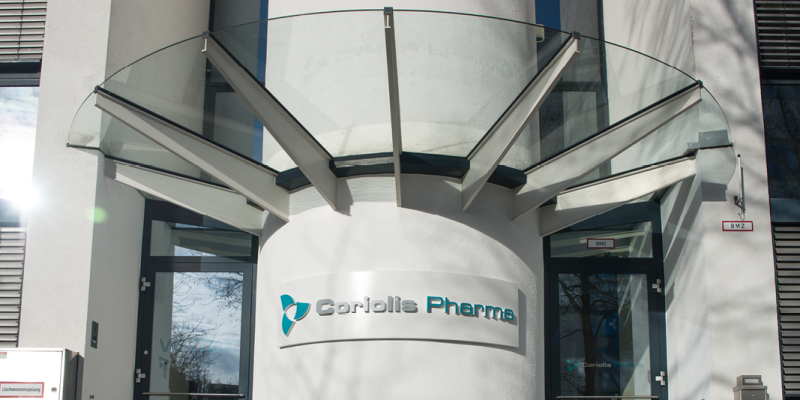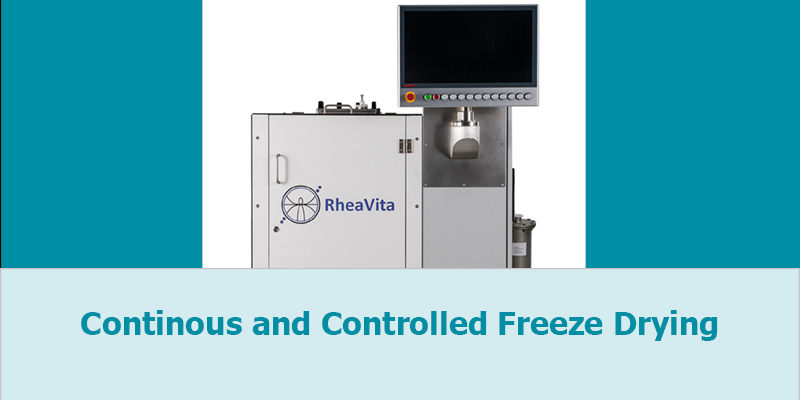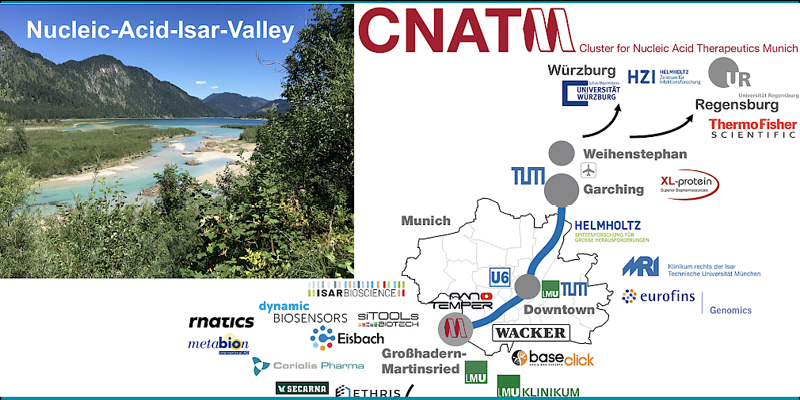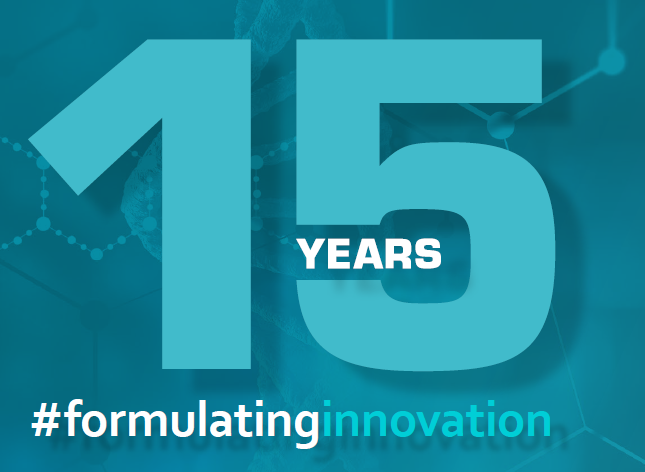Coriolis Scientist wins Prize for PhD Thesis about Freeze-drying
Ghent University awards Dr. Brecht Vanbillemont
The Faculty of Pharmaceutical Sciences at the Ghent University in Belgium has just awarded the best PhD theses of the academic year 2019/2020. Coriolis scientist Dr. Brecht Vanbillemont is among the laureates with his thesis on “Development and evaluation of next-generation pharmaceutical freeze-drying technologies”.
The entire Coriolis team congratulates Brecht to this great achievement! We are happy to have him on-board and are looking forward to developing many robust lyophilization processes together.
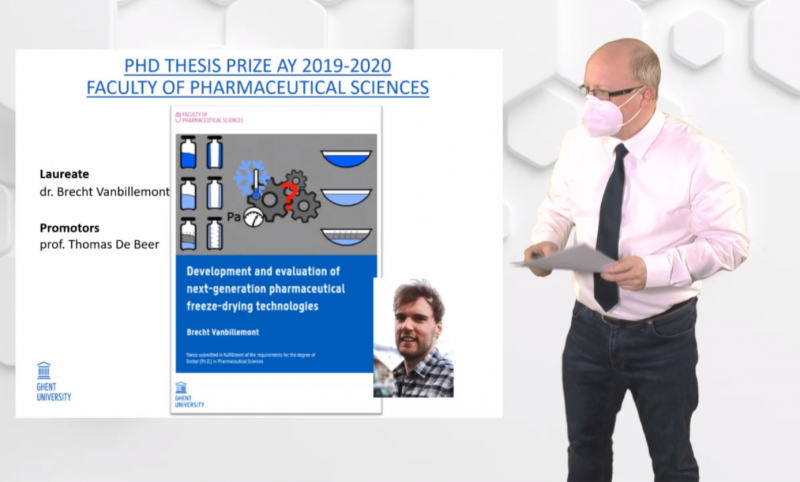
Image of the virtual award ceremony
Abstract of the PhD Thesis
The pharmaceutical industry of the 21st century is facing some challenges due to a changing landscape. With the rise of biopharmaceuticals, product development is becoming more advanced and research more costly. Profound scientific process understanding is promoted and could eventually lead to a high level of automatization and supervisory process control. Process analytical technologies are essential in establishing that goal. Another trend is the transition to continuous processing. These next-generation technologies are developed and evaluated in the thesis in the field of pharmaceutical freeze-drying. One major research section of the thesis focuses on research concerning the freeze-drying of parental unit doss. At first a high-level supervisory control and optimization algorithm was successfully developed and verified for batch freeze-dryer apparatus that are common in industry. This next-generation technology is fully compatible with the Quality-by-Design guidelines and allows for a more economical operation of the process while guaranteeing the product quality. Next, process knowledge on the continuous manufacturing of parenteral vials via spin-freeze-drying was deepened. More specifically, the impact of the different spin-freeze-drying process phases on the stability of bio-pharmaceutical formulations was investigated. The research showed that the destabilization mechanisms and their extend were similar in comparison to the current batch freeze-drying methods. At last, an X-ray micro-computed tomography (μCT) based analytical technology was developed, to in-situ image the primary drying phase of spin-frozen vials. This allowed for a mechanistic unravelling of the mass balance of sublimation. The other major research section targeted orally disintegrating tablets (ODTs) manufactured by freeze-drying. To develop the next-generation technologies, a thorough assessment of these tablets were necessary. A wide range of specific characterization techniques was tested and where needed adjusted for the needs of ODTs. Later, a systematic evaluation was done on the results to learn more on the functionality of these tablets. Next, a successful formulation platform was developed with polyvinyl acetate as the polymeric binder of lyophilized ODTs. Both a low-dose and high-dose formulation were optimized using design of experiments (DoE) methodology. Finally, a design of a continuous manufacturing technology for ODTs was proposed. A Proof-of-Concept (PoC) apparatus was developed and evaluated. The experimental work on the PoC proved that thermoelectric coolers were suitable for use in the continuous SMART mold concept. Moreover, a heat flux monitoring and process control was proposed and proved successful in optimizing the primary drying process in the SMART mold. At last, a model-based design of a technical prototype for continuous manufacturing of ODTs was elaborated with the help of uncertainty analysis of mechanistic models on essential process dynamics.


